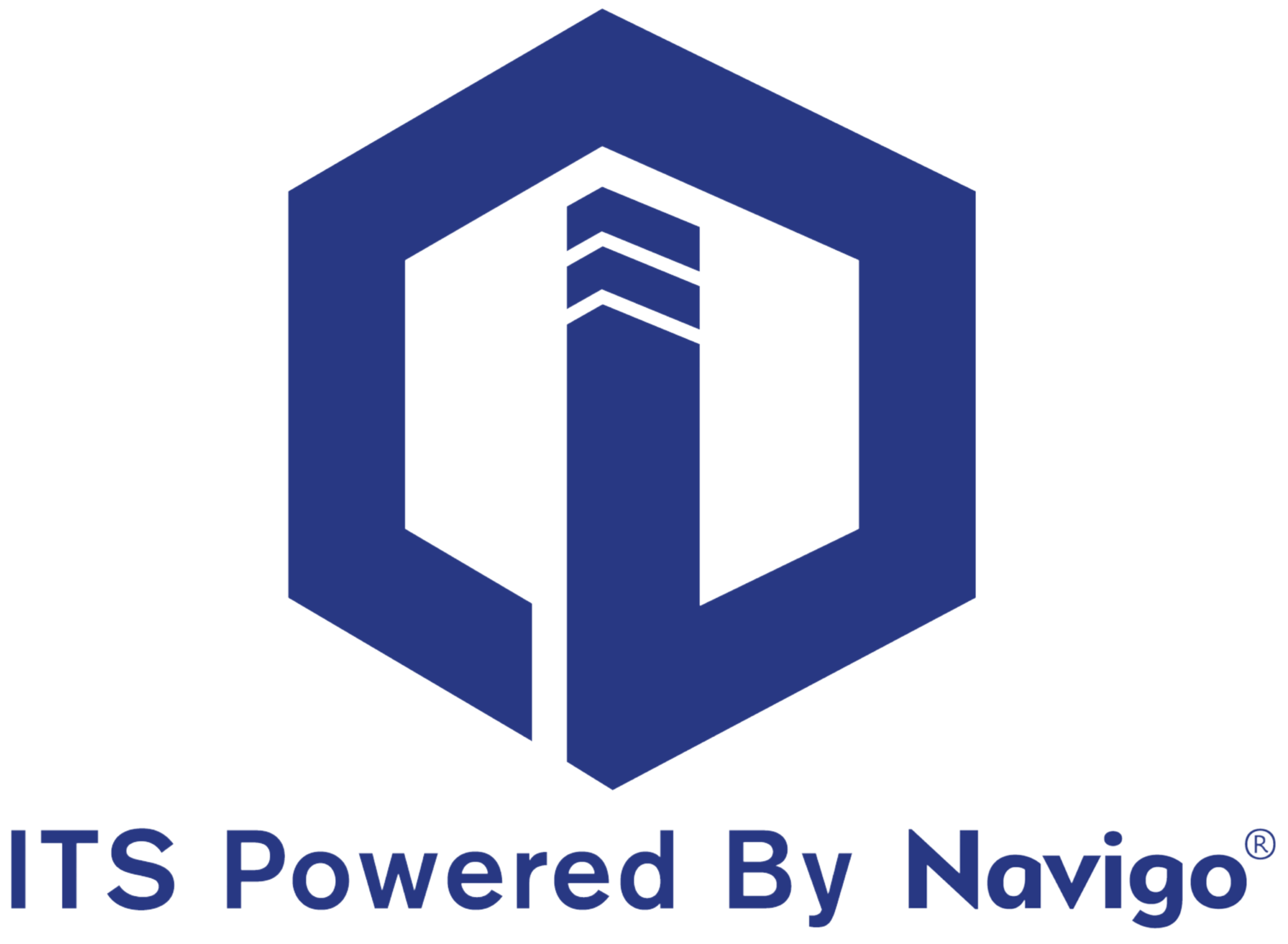Headquarters
7150 Columbia Gateway Drive, Suite L, Columbia, MD 21046
New York Location
112 West 34th Street, 18th floor, Room 18025 New York, NY 10001

Proud member

In the realm of property management, maintaining security and ensuring efficiency are paramount concerns. Whether overseeing residential complexes, commercial buildings, or mixed-use facilities, the challenge lies in effectively monitoring who enters and exits the premises while ensuring the safety of all occupants. This is where implementing a robust Visitor Management System (VMS) can make a significant difference.
Why Implement a Visitor Management System?
1. Enhanced Security Protocols:
A VMS provides a structured approach to monitor and manage visitor access. It allows property managers to digitally record and track everyone entering the premises, whether they are guests, contractors, or service providers. By capturing visitor information and issuing temporary access credentials, such as badges or QR codes, the system enables seamless identification and verification.
2. Real-Time Visibility:
Knowing who is on-site at any given moment is crucial for security and operational efficiency. A VMS offers real-time data and analytics, giving property managers instant visibility into occupancy levels and the whereabouts of authorized personnel. This capability is particularly valuable during emergencies or incidents requiring swift responses.
3. Improved Operational Efficiency:
Traditional paper-based visitor logs are cumbersome and prone to errors. A digital VMS streamlines the check-in process, reducing wait times and administrative burden. Integrated features such as pre-registration and automated notifications further optimize operations, enhancing the overall visitor experience.
4. Compliance and Accountability:
Many properties must adhere to regulatory standards regarding visitor access and safety protocols. A VMS helps maintain compliance by documenting visitor records and access histories. This documentation not only ensures accountability but also aids in audits and investigations if needed.
5. Customizable Access Controls:
Different areas within a property may have varying access requirements. A VMS allows for flexible access controls, enabling property managers to grant permissions based on roles, time-sensitive needs, or specific visitor categories. This granular control minimizes unauthorized access and mitigates security risks.
6. Visitor Experience and Reputation:
A positive visitor experience reflects well on the property’s reputation. A well-implemented VMS contributes to a seamless and professional check-in process, making visitors feel welcome and secure. This attention to detail enhances tenant satisfaction and strengthens the property’s overall image.
Choosing the Right Visitor Management System
When selecting a VMS, consider features such as integration capabilities with existing security systems, scalability to accommodate future growth, ease of use for both visitors and staff, and robust data security measures. The system should align with your property’s specific needs and regulatory requirements.
Conclusion
In conclusion, integrating a Visitor Management System into your property’s security infrastructure offers multifaceted benefits, from bolstering security and operational efficiency to enhancing visitor experience and regulatory compliance. By leveraging technology to track occupancy, manage access, and ensure safety, property managers can maintain a secure environment while optimizing day-to-day operations. Embracing a VMS not only meets the evolving demands of property management but also sets a foundation for sustained growth and tenant satisfaction in today’s dynamic real estate landscape.
7150 Columbia Gateway Drive, Suite L, Columbia, MD 21046
112 West 34th Street, 18th floor, Room 18025 New York, NY 10001

Proud member
Toll-Free
Phone
© Copyright 2025 ITS, Inc. All rights reserved.
Stay in touch with the latest news and updates from ITS, Inc.
7150 Columbia Gateway Drive, Suite L
Columbia, MD 21046
112 West 34th Street, 18-025
New York, NY 10001